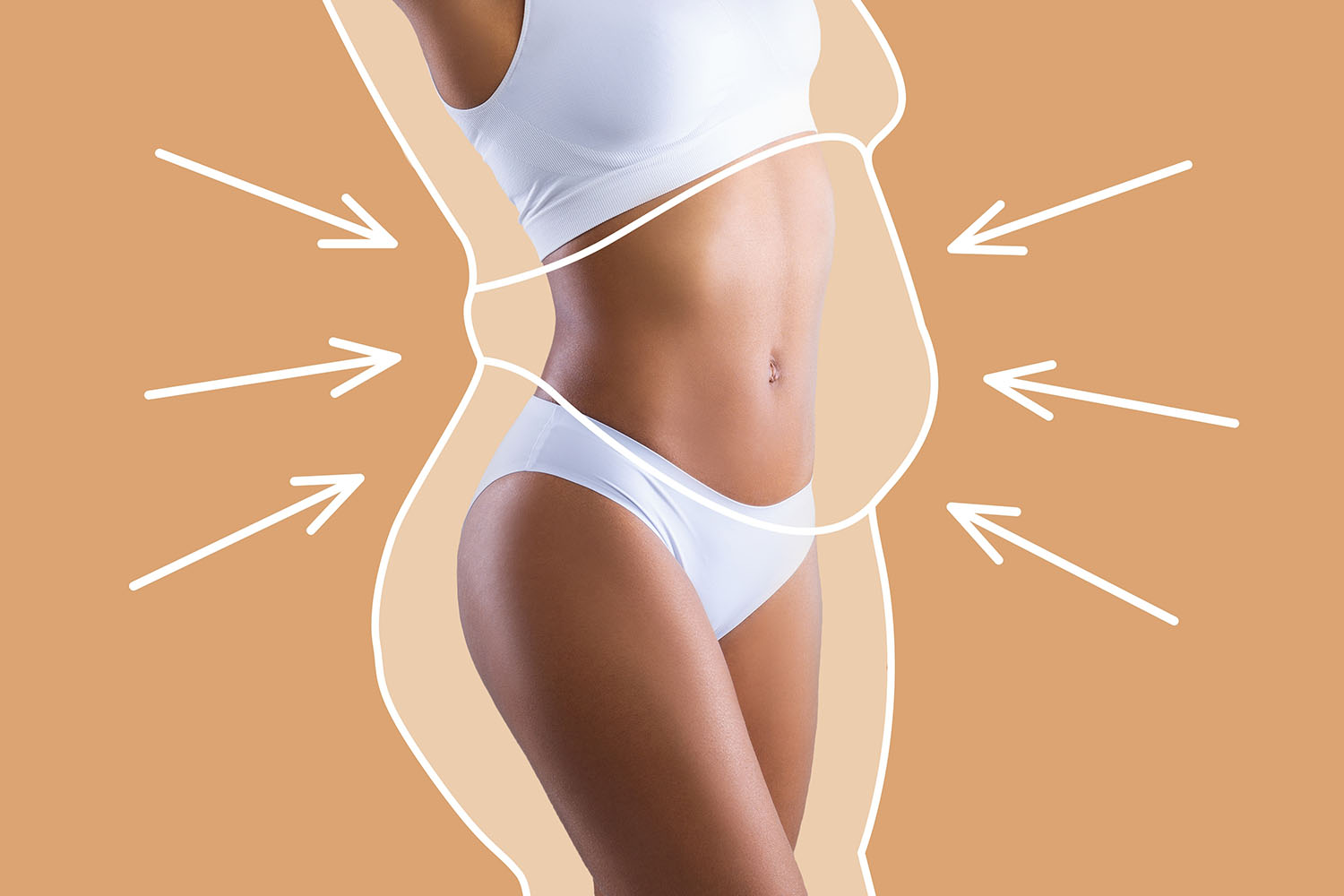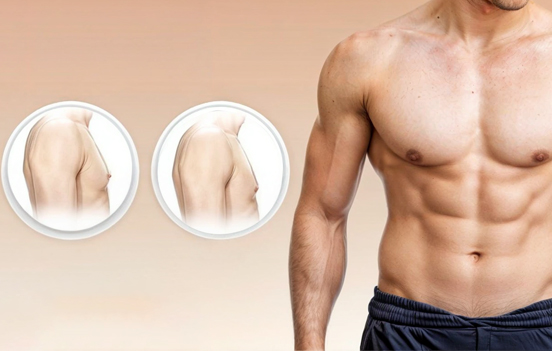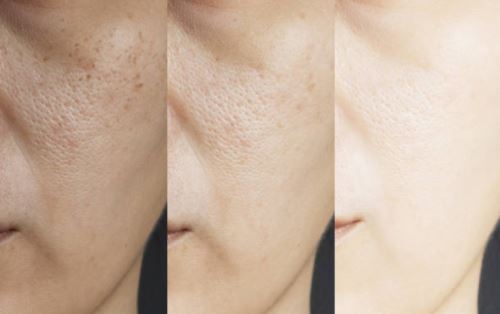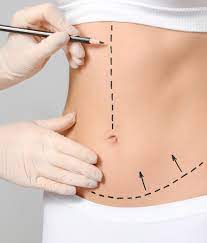Can Liposuction Treat Obesity?

Liposuction is a cosmetic surgical procedure that removes fat from specific areas of the body using a suction technique. It’s typically used on areas such as the abdomen, thighs, buttocks, arms, neck, and back. There are several methods of liposuction in Islamabad, including:
Tumescent liposuction (the most common form)
Ultrasound-assisted liposuction
Laser-assisted liposuction
Liposuction is primarily intended for body contouring, not weight loss. It's used to remove localized fat deposits that are resistant to diet and exercise. The average amount of fat removed is between 2 to 5 liters (approximately 5 to 11 pounds), though this can vary.
Obesity is a growing global health issue affecting millions of people. Characterized by an excessive accumulation of body fat, obesity increases the risk of numerous diseases, including type 2 diabetes, heart disease, and certain cancers. In the ongoing search for effective weight loss solutions, many people have turned to cosmetic procedures like liposuction. But the question remains: Can liposuction treat obesity? The short answer is no, but the full picture is more complex and worth exploring.
Understanding Obesity
Obesity is defined by a body mass index (BMI) of 30 or higher. It results from a combination of genetic, behavioral, metabolic, and environmental factors. Common causes include poor diet, lack of physical activity, genetic predisposition, hormonal imbalances, and certain medical conditions or medications.
Treating obesity typically involves a long-term commitment to lifestyle changes such as a healthy diet, regular exercise, behavioral therapy, and sometimes medication or surgery. Because obesity is a chronic condition, effective treatment must target the underlying causes—not just the symptoms.
Why Liposuction Is Not a Treatment for Obesity
1. Limited Fat Removal
Liposuction removes fat from localized areas, not the entire body. While the procedure can result in noticeable changes in body shape, the amount of fat removed is relatively small compared to the total body fat in someone who is obese.
For example, someone who is 100 pounds overweight won’t see meaningful weight reduction from a procedure that removes only 10 pounds of fat. Furthermore, there are safety limits to how much fat can be removed during a single liposuction session, usually no more than 5 to 6 liters.
2. No Impact on Metabolic Health
Unlike bariatric surgeries (such as gastric bypass or sleeve gastrectomy), liposuction does not improve obesity-related health conditions like high blood pressure, insulin resistance, or elevated cholesterol. Since these issues are linked to visceral fat (fat around the organs), and liposuction only removes subcutaneous fat (fat under the skin), it has no effect on the root causes of obesity-related diseases.
3. Fat Regain is Possible
Liposuction removes fat cells, but if a person continues with unhealthy lifestyle habits, the remaining fat cells can expand, and new fat may accumulate in other parts of the body. In some cases, fat may even return in more dangerous areas, such as around the organs.
In other words, liposuction does not prevent future weight gain, and without behavioral changes, its results are often temporary.
4. Not a Substitute for Lifestyle Change
Obesity requires a holistic, long-term approach. Liposuction does not address poor diet, lack of exercise, emotional eating, or other contributing factors. As such, it should never be viewed as a substitute for healthy lifestyle habits.
The Psychological Factor
Many people seek liposuction to feel better about their appearance. While a slimmer look can boost self-confidence, the mental and emotional challenges of obesity are complex. Relying solely on cosmetic surgery to feel better may result in disappointment if expectations are not managed.
For patients struggling with body image, it’s often more helpful to combine physical changes with psychological support, including therapy or support groups that focus on self-esteem and behavior modification.
When Is Liposuction Appropriate?
Liposuction can be a valuable option for people who are near their ideal weight but have stubborn fat deposits that don’t respond to diet or exercise. Ideal candidates are:
Within 30% of their target body weight
In good physical and mental health
Non-smokers
Committed to maintaining results through a healthy lifestyle
In these cases, liposuction can enhance body contours and improve proportions, but it is not a cure or treatment for obesity.
Alternatives for Treating Obesity
For individuals struggling with obesity, a variety of more effective treatment options exist:
1. Diet and Exercise
The foundation of any obesity treatment plan is lifestyle change. A calorie-controlled diet rich in nutrients, combined with regular physical activity, is essential for sustainable weight loss.
2. Behavioral Therapy
Cognitive-behavioral therapy (CBT) can help individuals identify and change the thoughts and behaviors that contribute to overeating or inactivity.
3. Medications
There are several FDA-approved medications that can help with weight loss by reducing appetite or blocking fat absorption. These are typically recommended for people with a BMI over 30, or over 27 with weight-related health issues.
4. Bariatric Surgery
For individuals with severe obesity (BMI over 40, or over 35 with comorbidities), weight loss surgery can be a highly effective solution. Procedures like gastric bypass or sleeve gastrectomy reduce the size of the stomach, which helps reduce food intake and, in many cases, alter hunger hormones.
Liposuction as a Complementary Procedure
While liposuction is not a treatment for obesity, it can be used in combination with other weight loss strategies. For example, after a person loses a significant amount of weight through diet, exercise, or surgery, they may have areas of stubborn fat or loose skin. In such cases, liposuction or other body contouring procedures can refine the results and help individuals achieve their desired body shape.
Conclusion
Liposuction is a powerful cosmetic tool for reshaping the body and improving appearance, but it is not a treatment for obesity. Obesity is a complex medical condition that requires a multifaceted approach involving diet, exercise, behavior change, and sometimes medical or surgical intervention.
For those struggling with obesity, focusing on sustainable, evidence-based treatments is the best path forward. While liposuction can complement a successful weight loss journey, it should never be seen as a shortcut or substitute for long-term health and wellness.
Before considering liposuction or any weight-related intervention, it’s crucial to consult with healthcare professionals who can provide guidance tailored to individual needs and goals.
Note: IndiBlogHub features both user-submitted and editorial content. We do not verify third-party contributions. Read our Disclaimer and Privacy Policyfor details.







